Our lab watched the UAB Blazers basketball game (UAB vs San Diego State) at Bartow Arena on Friday, March 22.
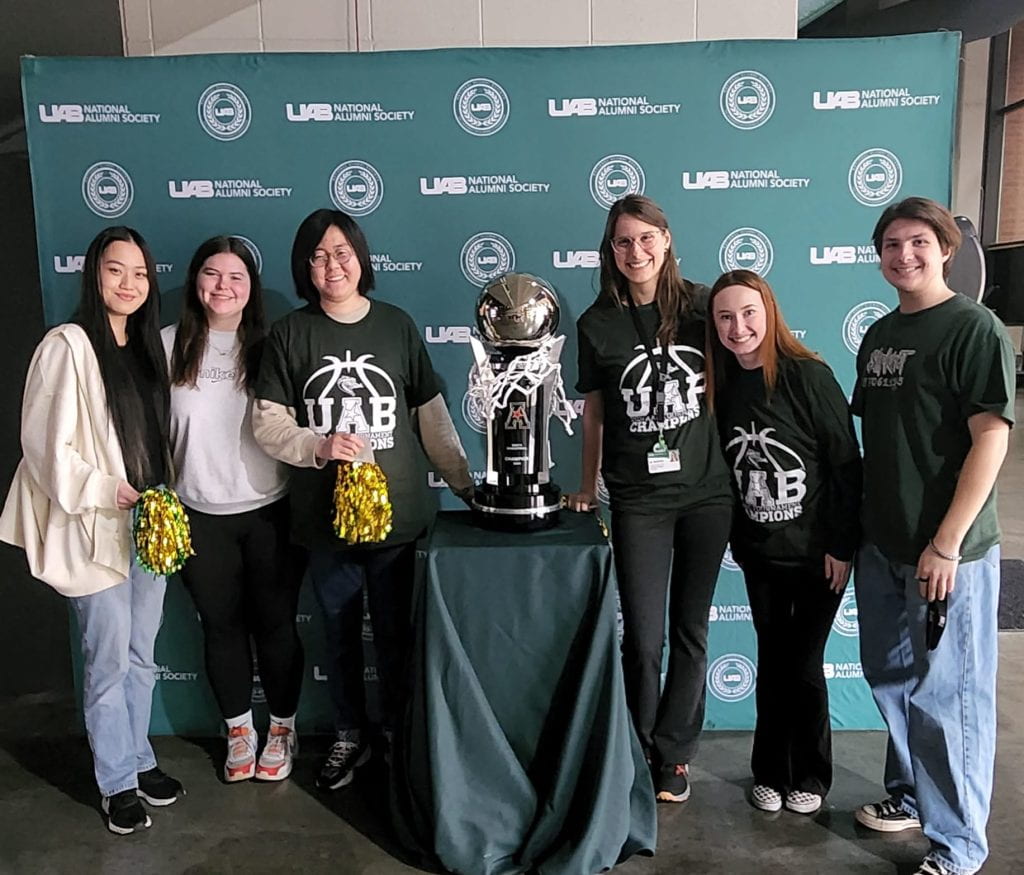
Our lab watched the UAB Blazers basketball game (UAB vs San Diego State) at Bartow Arena on Friday, March 22.

Dr. Richter was featured at the Superpower Mentors interview. The interview covered one of our latest co-authored research study surrounding the topic of Stereotype Threat. A study that looks into how stereotypes and stigmas impact individuals with learning differences and their ability to learn.
The interview can be found here: (28) How Stereotypes and Stigmas Impact Individuals with Learning Differences! | LinkedIn
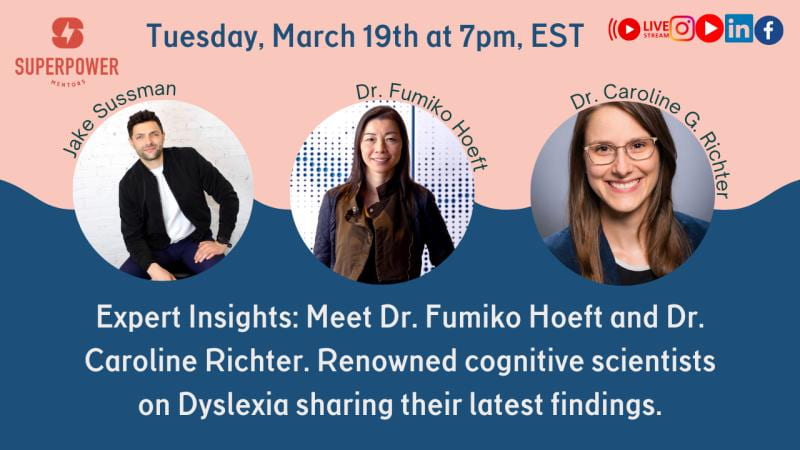
Dr. Caroline G. Richter gave a talk about Williams syndrome at the Leadership Education in Neurodevelopmental and Related Disabilities (LEND) Core Lecture Series hosted by the Center for Excellence in Developmental Disabilities at UAB.
The lecture can be watched here: Core Lecture 2023-24 – Zoom
Learning objectives:
1) Describe the behavioral phenotype of children with Williams syndrome
2) Explain the pattern of strengths and weaknesses in the cognitive profile of children with Williams syndrome
3) Be able to recognize differences between Williams syndrome and autism spectrum disorders
4) List the differences between Williams syndrome and 7q11.23 Duplication (Dup7)
February 23, 2024 – Our lab attended and presented at the 23rd Annual Alabama Autism Conference.

*Boatright, V. A., *Kirshy, S., & Richter, C. G. (2024, February). Navigating Puberty: A comprehensive review of sex and puberty education for children with autism spectrum disorder. Poster presented at the 23rd Annual Alabama Autism Conference, Tuscaloosa, AL.

Dr. Caroline G. Richter talks about the STARS lab research project that aims at evaluating biopsychosocial outcomes of mindfulness-based instruction in school-aged children with specific learning disabilities at the Spring Valley School podcast. This project was funded by UAB CEDHARS.
You can watch or listen to the podcast here:
YouTube:
Spotify:
Dr. Caroline G. Richter gives a talk on Neurodiversity: Understanding the supports and value of diverse learning in the classroom. This talk was organized by the Cornell University Community Accessible Neuroscience Lecture, on December 14, 2023.
The complete recording of the lecture can be found here.

Dr. Fumiko Hoeft presents at UAB and at Spring Valley school on November 28, 2023. The talk entitled: 20 Years of Dyslexia Research: From a deficit-based neurobiological approach to socio-emotional, whole-child & strength-based approach.


Dr. Fumiko Hoeft presents at UAB
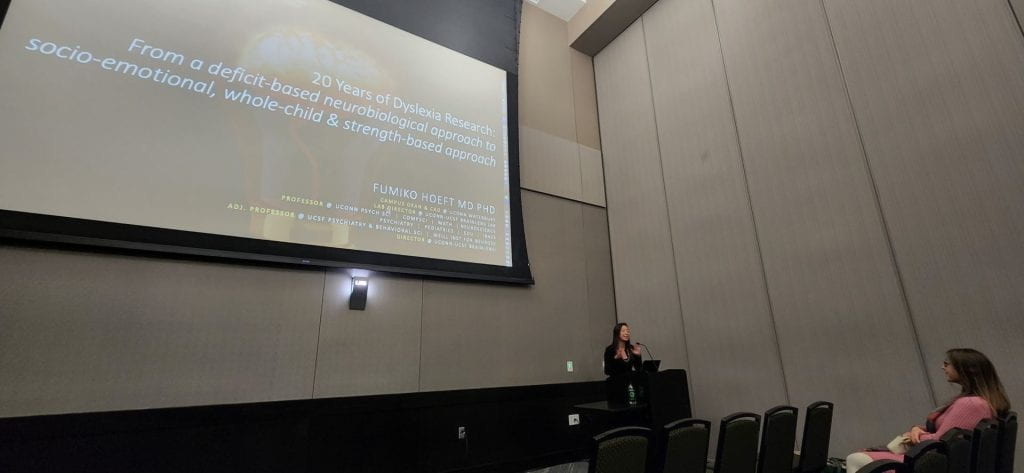
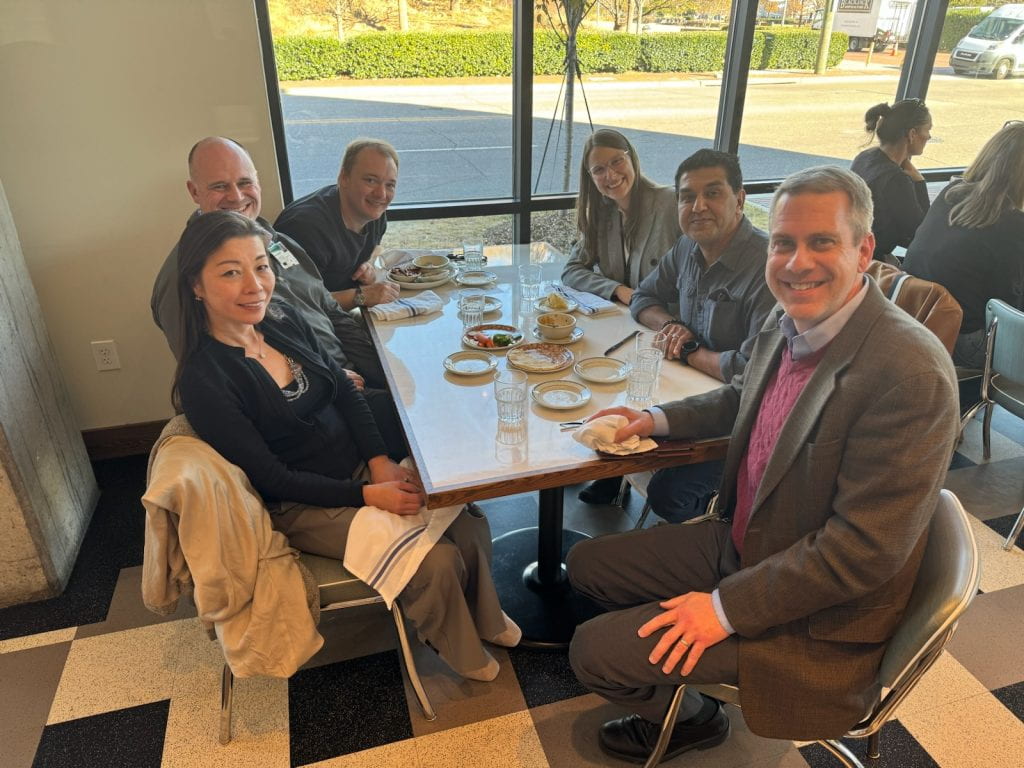

In November 29 our undergraduate students presented their projects at UAB expo.
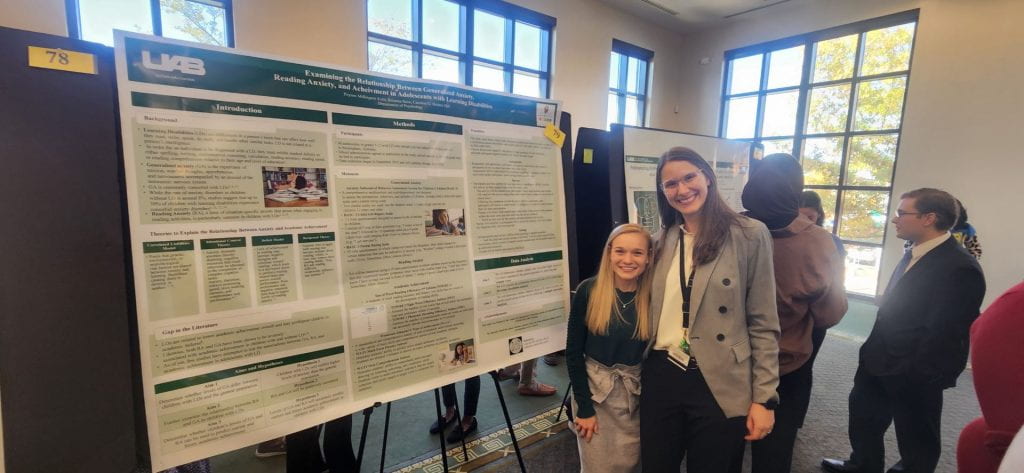
*Kehl, P. M., *Stein, B., Richter, C. G. (2023, November). Examining the relationship between generalized anxiety, reading anxiety, and achievement in adolescents with learning disabilities. Poster presented at Fall 2023 UAB Expo.

*Heard, M. R., *Coffey, L., *Redden, K. B., Richter, C. G. (2023, November). Stigma and stereotype threat interventions in individuals with specific learning disabilities: A systematic review. Poster presented at Fall 2023 UAB Expo.
McKenzie M. Heard was the 2nd Place Winner of the in-person Fall Expo 2023 in the Social and Behavioral Science category.


*Williams, J. C., Richter, C. G. (2023, November). The influence grit has on the various outcomes of elementary and middle school children. Poster presented at Fall 2023 UAB Expo.
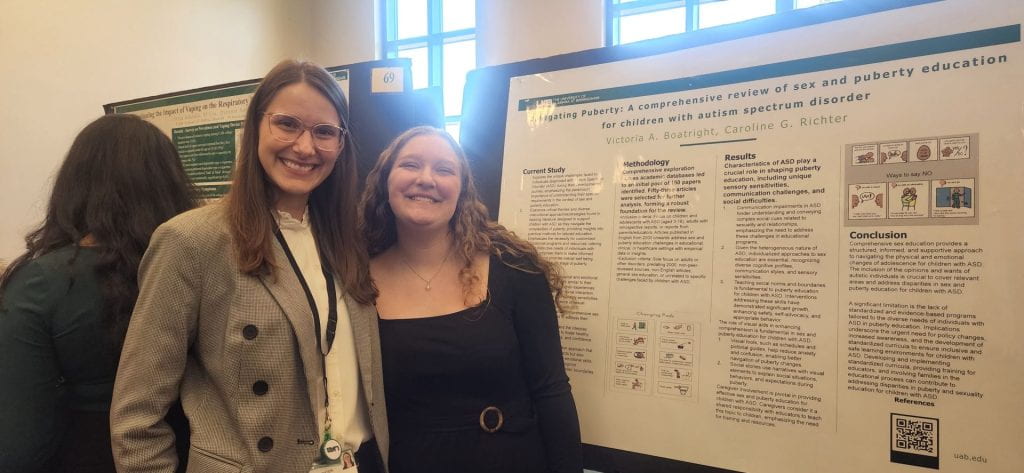
*Boatright, V. A., Richter, C. G. (2023, November). Navigating Puberty: A comprehensive review of sex and puberty education for children with autism spectrum disorder. Poster presented at Fall 2023 UAB Expo.
Alexis V. Boatright was the 3rd Place Winner of the in-person Fall Expo 2023 in the Works in Progress category.

Dr. Caroline Richter presented at SECCO at Central Alabama’s 8th “Unlocking the Mystery of Developmental Disorders” Conference. Date: November 9th, 2023.
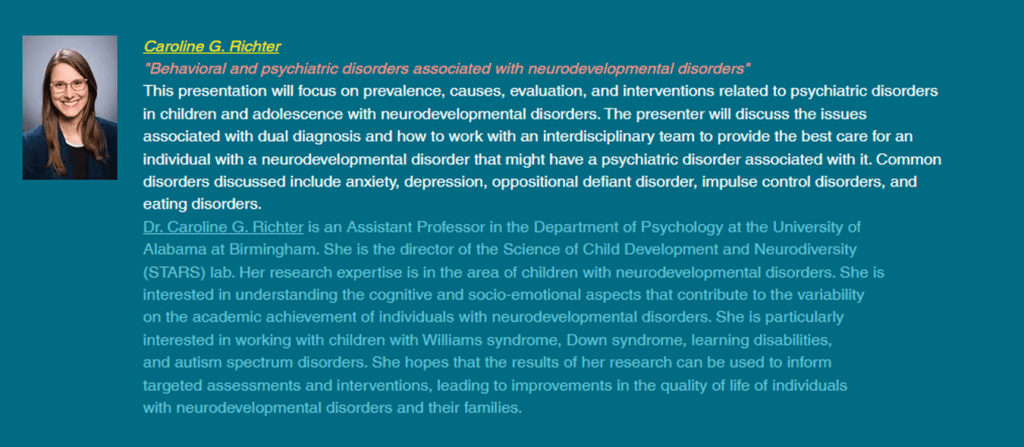
Dr. Caroline G. Richter is featured at UConn KIDS (Kids in Developmental Science).
See full post here: Today’s Friday Feature is Caroline G. Richter! | UConn KIDS (Kids in Developmental Science)
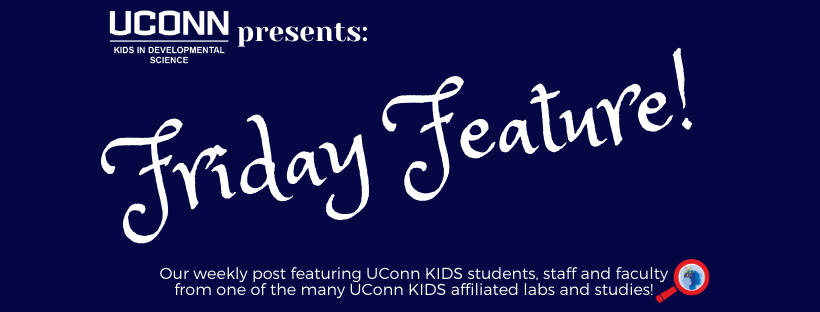
Today’s Friday Feature is Caroline G. Richter!
Caroline G. Richter was a Postdoctoral Research Associate at UConn from 2021-2022. Currently, she is an Assistant Professor at the University of Alabama at Birmingham collaborating with Dr. Fumiko Hoeft, Professor of Psychological Science and Director of BrainLENS at UConn. She’s originally from Brazil, where she received her BA in Psychology and MA in Developmental Psychology; she earned her PhD in Developmental Psychology at the University of Louisville.
In her lab, they conduct research with typically developing children and with children who are neurodiverse. They are interested in understanding the cognitive and socio-emotional aspects that contribute to the variability on the academic achievement and adaptive outcomes of children who are neurodiverse. They focus their work particularly on children with Specific Learning Disability, Williams syndrome, and Down syndrome. They hope that the results of their research can be used to inform targeted assessments and interventions, leading to improvements in the quality of life of children and their families. You can find more about their lab here: Science of Child Development and Neurodiversity (STARS) Laboratory.
Currently, Caroline is studying how socio-emotional constructs, such as motivation, resilience, and stigma impact mental health and academic outcomes of children (11-14-year-olds) who have a learning difference, such as dyslexia, dyscalculia, or ADHD. You can learn more about their study in the BrainLENS website and here.
In her free time, Caroline enjoys meditating, doing yoga, hiking, reading, traveling, and spending time with her husband, friends, and family. Caroline also loves to spend time with her pets from Brazil.